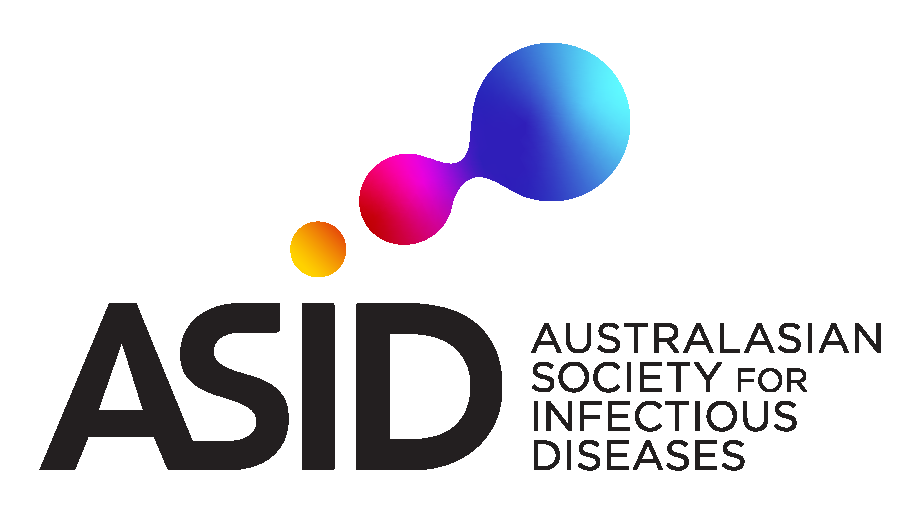New study finds alarming rates of bacterial resistance to drugs used to treat babies and children in the Asia-Pacific region.
High levels of antimicrobial resistance (AMR) are propagating deaths due to neonatal and paediatric infections globally. This is of particular concern in Southeast Asia and the Pacific, where healthcare resources are constrained and access to newer agents to treat multidrug-resistant pathogens is limited.
Researchers from the University of Sydney published alarming findings in that showed antibiotics used for common childhood infections are no longer effective in the Asia pacific region due to AMR.
Lead researcher and ASID member Dr Phoebe Williams says that AMR is more challenging in children as new antibiotics are less likely to be trialled on and made available to paediatric populations.
In an interview with The Guardian she said she regularly travelled to work in hospitals in the south-east Asia and Pacific region where she found “entire wards of babies that have multi-drug resistant infections, and there is nothing left to treat them with”.
On ABC Online she said growing resistance in countries like Indonesia and the Philippines, where thousands of children were dying in preventable circumstances, had brought the issue to "Australia's doorstep".
Read the full study in The Lancet South East Asia published 30 October 2023.
Dr Williams visiting Da Nang Hospital for Women and Children in Vietnam.
Dr Williams is also a member of ASID’s Australian and New Zealand Paediatric Infectious Diseases Group (ANZPID) and The World Society for Pediatric Infectious Diseases (WSPID).


